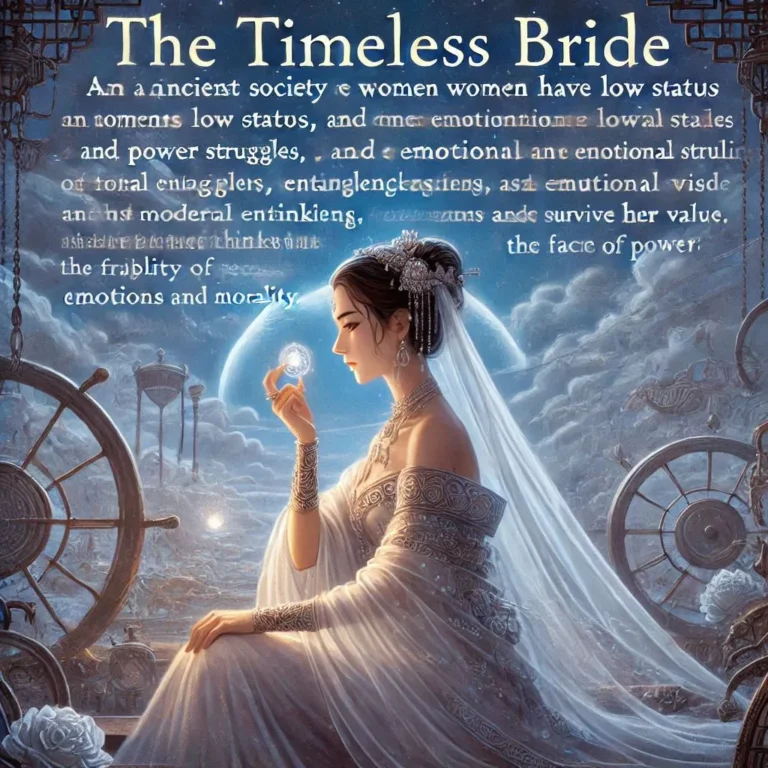The two correspond to each other; the god pondered the secrets of the world, finally understood them, and hoped that mortals could also know, so he left a message for future generations. What then is the relationship between the secrets of the world and the tsunami? And if we define it as a god, shouldn’t a god be the most knowledgeable about this world? Just like how the Buddha achieved enlightenment to become a Buddha, wouldn’t it be contradictory for a god to ponder the secrets of the world? However, if it’s some highly intelligent being, let alone how it arrived on Earth, where is its spacecraft, why would it come to Earth to ponder such philosophical questions? I always feel there should be significant progress, yet I can’t quite grasp where the breakthrough lies. “Actually, from the bas-relief, what the god was pondering are the four images beside the bas-relief that are now unclear, oh, one of them has already been confirmed, but if the secret of the world lies within, it’s really…” Those four images, I actually thought of them after Jenny did, and those four images are the key to connecting the tsunami with understanding the world! This is truly a surprising development; I firmly believe this deduction won’t be wrong. The drama of life lies in the fact that often, when you expect something to happen, nothing actually does. We always overestimate our ability to control events. It seems like I’ve made a big step in unraveling the mystery of the ruins, but in reality? I returned to stare at that strange pattern until my eyes ached, only to find that my effort to find a breakthrough from it was futile. Whether that guy who died over two thousand years ago was a god or not, if he needed more than a hundred years to figure it out, why would I think I could discern any profound insights? The call from Wei Hou brought me the last hope of deciphering the mystery, on the night before I left Mahabalipuram. Wei Hou’s rented motorcycle was waiting for me outside the hotel at two in the morning. Not far from the beach of the ruins, we boarded a motorboat. I thought the equipment Wei Hou mentioned was diving gear, but instead, I saw a metal platform floating on the sea, which certainly wasn’t there during the day. In the center of the platform was a large hole connected to a thick pipe, I thought we would descend to the seabed from here. It seemed Wei Hou had made preliminary preparations in the short hours after nightfall; the exit of this pipe should be the legendary entrance to the temple sealed after the god’s death. Wei Hou tied the motorboat to the side of the platform, pulled a remote control from his pocket, pressed a button, and the platform began to vibrate. I couldn’t help but laugh; he was using brute force. It’s true, how could you connect a pipe leading to the seabed to the temple’s entrance in just a few hours? After all these years, the entrance must be buried deep under the sand. “We’ll go down from the top of the temple; I’ve already bombed it a few times before you came. If it’s too strong, the equipment can’t handle it, but this time it should be clear.” He leaned out from the boat, using a flashlight to shine down while clinging to the platform, then said, “Luckily, it’s only ten meters deep here, otherwise, this pipe couldn’t withstand the pressure. Alright, we can go down now.” Inside this pipe, made of an unknown material, there was actually a rope ladder attached. At the bottom, it led to a metal semicircular cover where the explosion occurred. The rubber at the bottom of the metal cover sealed it well, preventing any seawater from seeping in, and all the original seawater inside had flowed into the large hole created by the explosion. The rope ladder extended into the hole, and from the temple’s ceiling, two uninvited guests from over two thousand years later stepped into the abode of the god. The greater the expectation, the greater the disappointment. Even as I sat on the flight from New Delhi back to Shanghai with my eyes half-closed, I found it hard to believe that the flat saucer-shaped temple we had gone to such lengths to enter was actually empty. I saw a skeleton, or what might be called a skeleton, because it was actually just a skull. It looked like the skull of a primate, similar in size to a human’s, but without the part that should have been the nose and no teeth. The skull was placed flat in the center of the temple, and that was all. Was this a creature that only had a head, or was its body not made of hard bone? There were no inscriptions or carvings of any text or images, no traces of advanced technology, and not even a door that could be opened normally; it was a completely sealed structure, untouched by seawater or sand for two thousand years. What made me laugh and cry was a fist-sized crystal ball placed next to the skull—was this the god’s final work, or was this how he saw the world? Through the crystal ball? Indeed, it’s a method; from ancient times, human prophets have loved using crystals, and this god should have done better. But if this was all, it was truly a disappointing result; crystal balls can create quite a unique field, which wasn’t unheard of to me. Both the skull and the crystal ball were taken away by Wei Hou. Wei Hou wanted me to choose one, but I refused, for a simple reason—I couldn’t explain it to airport security, nor did I want to lack the grace to ask Wei Hou to bring it back to me after returning to the country. Perhaps the god saw this tsunami from two thousand years later through the crystal ball, no matter how. This trip to India was far more interesting than I had originally thought. I sighed, opened my eyes, and the flight attendant was handing out newspapers from Shanghai; I took a copy of our “Morning Star.” When I saw the international section, a report struck me like a bolt from the blue, and I hit my head hard, causing the flight attendant pouring drinks nearby to look at me oddly. The report wasn’t particularly novel; this time, the tsunami had flooded the entire Maldives, and to this day, most of the country’s land was still underwater. Even if the water receded, this island nation would eventually be swallowed by the rising sea level, a problem faced by all low-lying island countries. Current technology could even list out the disappearance schedule for these countries. Today’s human technology can predict that certain places will soon be submerged by seawater. No matter what the god’s true identity was, he certainly knew that ancient Mahabalipuram would be submerged, a prediction even a geologist could make. And if a place submerged by seawater re-emerges one day, it would surely have undergone a massive transformation. This isn’t a miraculous prophecy; it’s just simple deduction. Didn’t the Pali text only mention “a great disaster,” not specifying it as a tsunami? If it was a prophecy, why not explicitly mention the tsunami?
I knocked my forehead again, realizing I had overcomplicated things and misled myself. This guy, whom I tentatively call a god, probably just wanted to make sure someone would remember his existence thousands of years later, so he casually made a prophecy. That’s all there is to it. Although it counts as a supernatural event, not every supernatural event I encounter involves a conspiracy. The locals were misled due to the psychological stress from the tsunami, and I was inclined to complicate matters because of my past experiences. Sigh. The question that god was pondering back then seems destined to remain a mystery forever; a single picture isn’t enough to unlock its secrets. The tribal elder, casually trained, could inspire Buddha’s wisdom; who knows what profound philosophical question lies hidden in this picture? wWw.xiaoshuo txt.coM Mysterious Visitor University Student Novel Network Mysterious Visitor (1)

ReadingWorms
"Unlock the joy of reading—discover, explore, and grow with ReadingWorms!"

ReadingWorms
"Unlock the joy of reading—discover, explore, and grow with ReadingWorms!"


